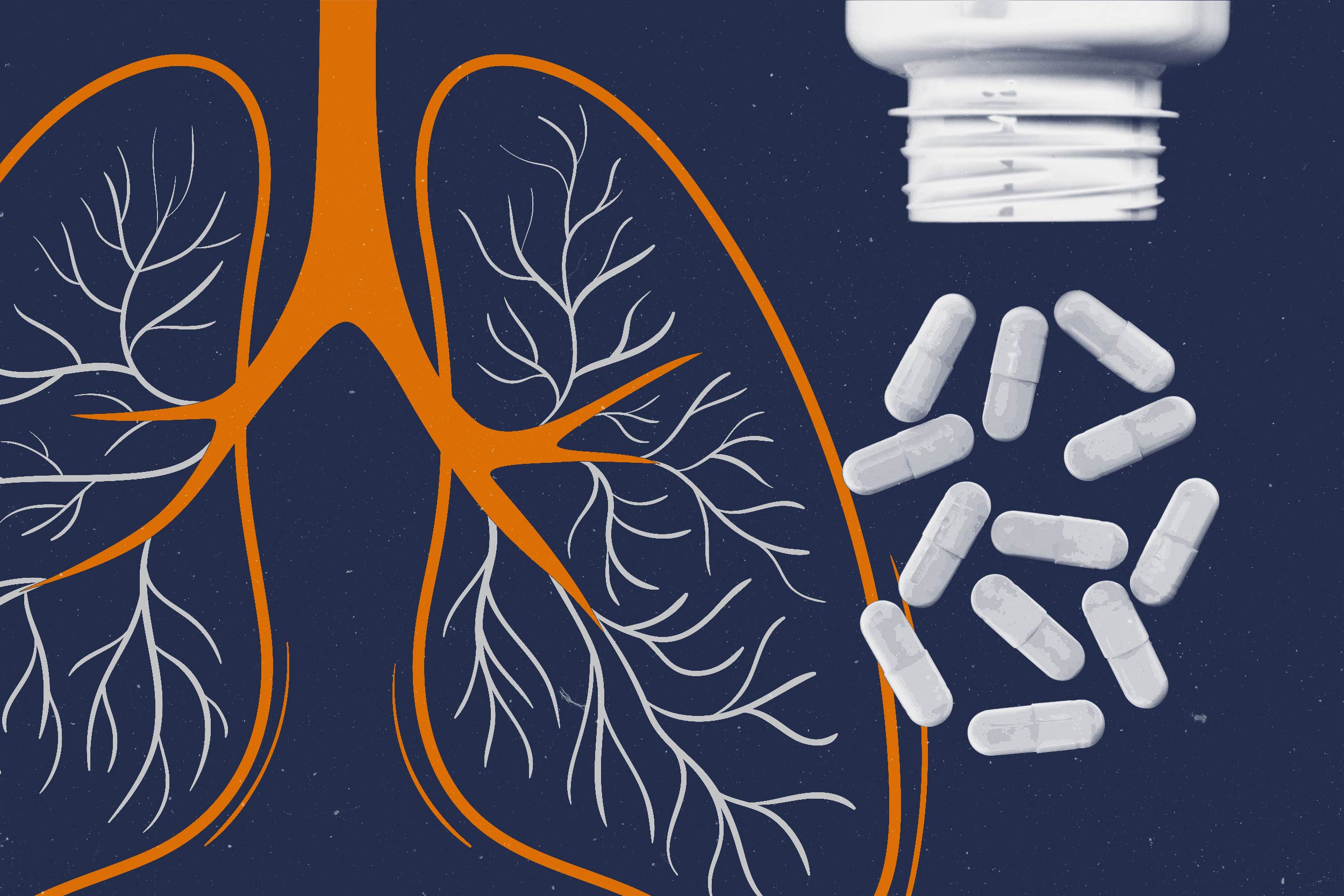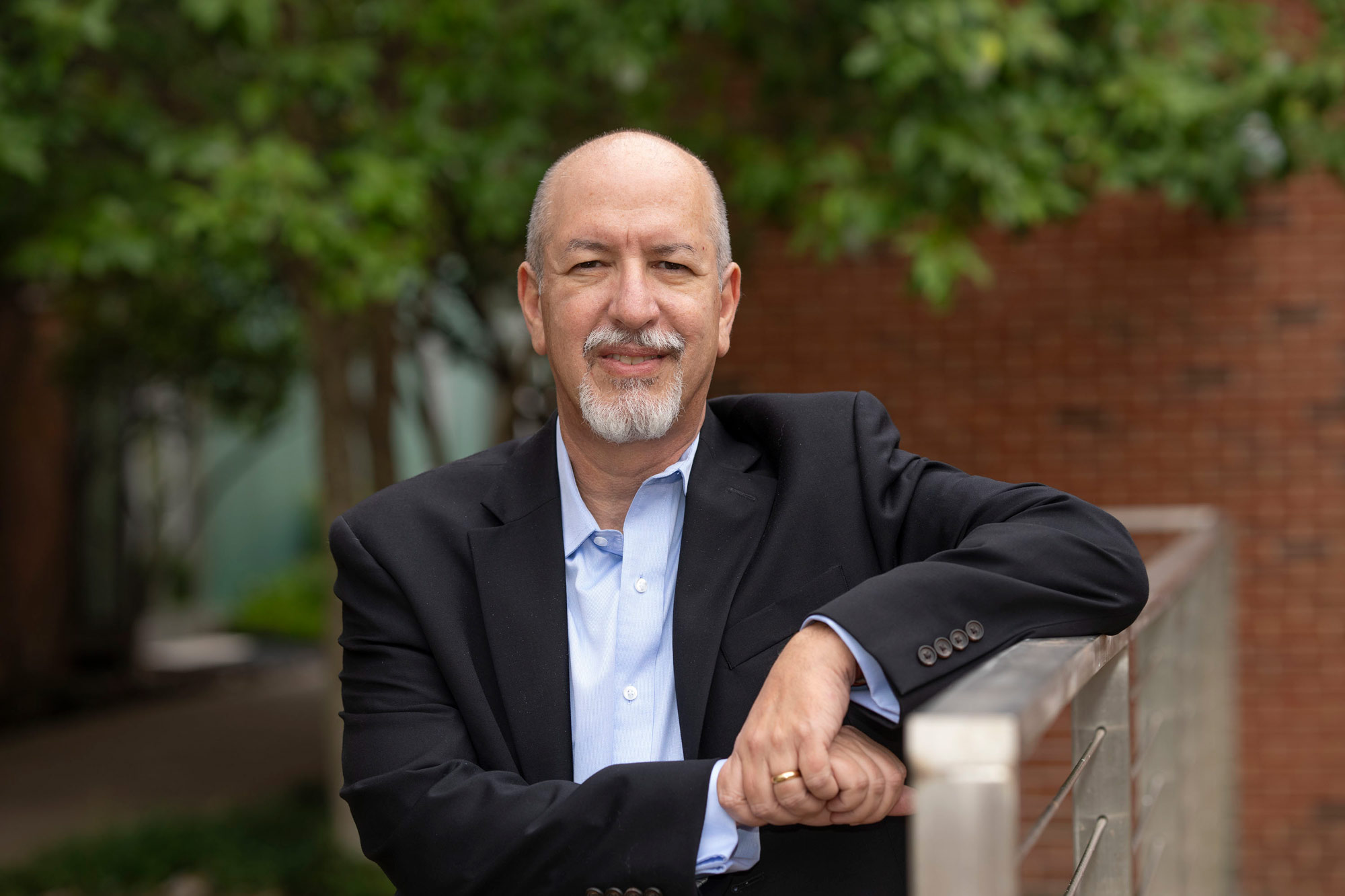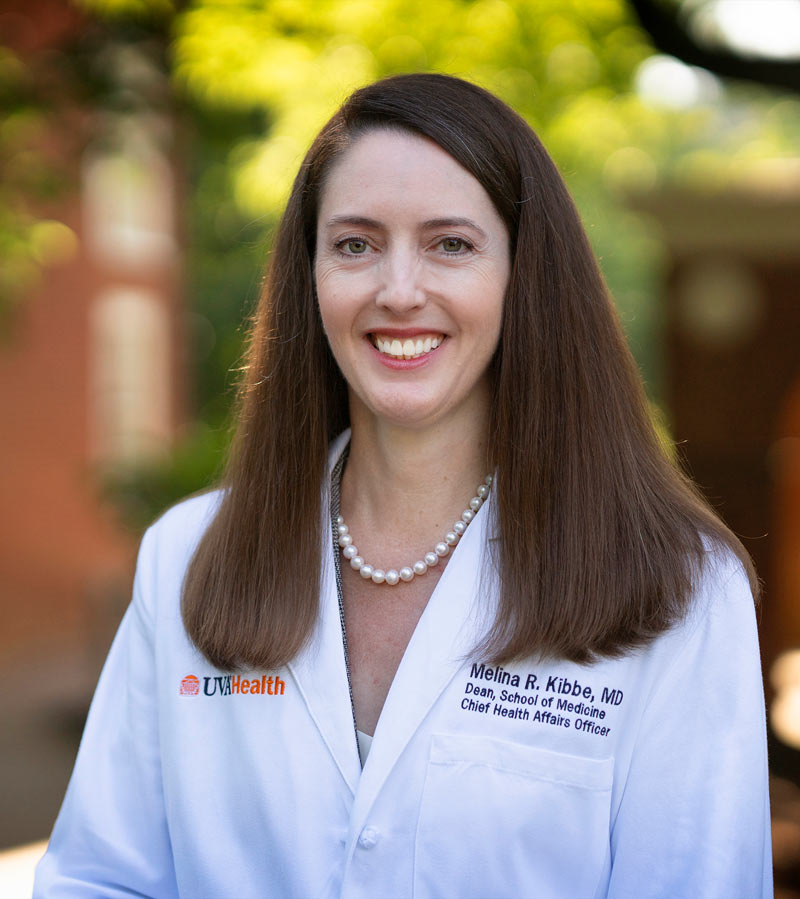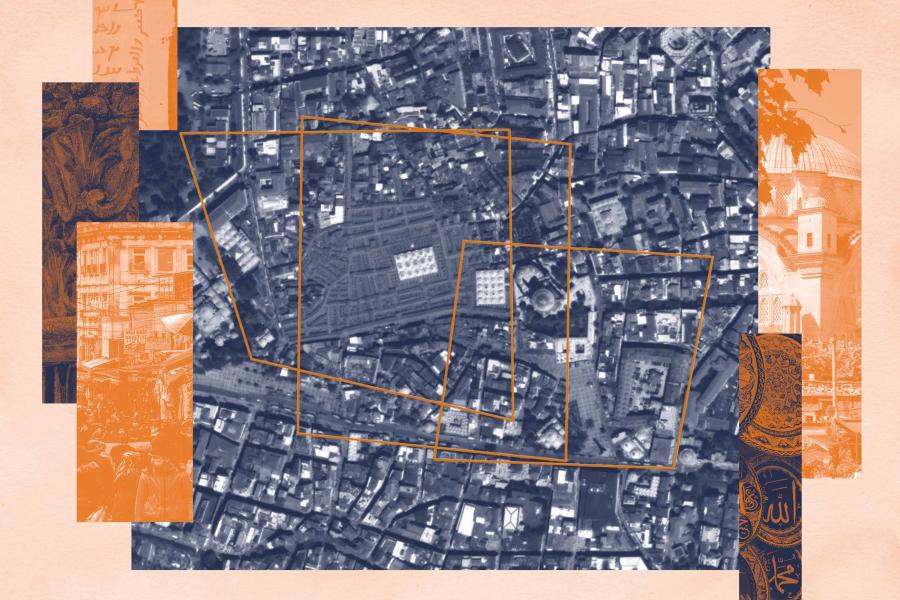“We’re at a pretty awesome stage,” Noth said.
Their 25-center nationwide trial will require a fifth year to enroll its final participants, as well as a few additional years of patient follow-ups, to complete. But based on the patients tested so far, the treatment potentially reduces the risk of death “by four to sevenfold,” Noth said.
The UVA Office of the Vice President for Research is celebrating sponsored research like his, which resulted in a record $532 million in external research funding for the 2023 fiscal year – with grants of all sizes making the difference.
Noth’s group received a large portion of its National Institutes of Health grant money during the most recent cycle. The original award was for $22 million.
Given that treatments for the disease can routinely run up to $100,000 a year, the economic cost of n-acetyl cysteine makes it even more surprising.
“It’s a cheap drug,” he said. “It doesn’t cost more than 35 bucks a month.”
One in four people with the correct genotype, which is the makeup of an individual’s genes, show improvements. What’s more, it looks like n-acetyl cysteine isn’t the only drug that can help that group.
“When you start to show a genomic interaction with multiple drugs, it’s not usually chance,” Noth said. Demonstrating such an interaction “would really point the finger, one way or the other, as to how to treat what has been essentially an untreatable disease.”
He cautioned that people would need genetic testing before starting medicine. “That’s because those without the favorable genetics actually might do worse with this drug, implying a ‘Goldilocks’ effect for the gene,” he said. “It has to be just right.”
While most of the money is going toward the trials, $7 million has been dedicated to converting the Pulmonary Fibrosis Foundation’s biological repository into genetic and genomic data. That will result in science moving forward even after the study wraps.
Dr. Melina Kibbe, dean of the School of Medicine, said Noth is an example of a researcher translating medicine to benefit everyday people’s lives.
“Though Dr. Noth is still adding the final participants who will round out his study, the early results look extremely promising,” she said. “He and his many colleagues will also move the needle on the treatment of idiopathic pulmonary fibrosis through the biological repository, which will continue to have an impact in the many years that follow.”
Noth joined the UVA School of Medicine faculty in 2018 as the chief of the Division of Pulmonary and Critical Care Medicine. He is a professor of medicine focused heavily on research, while also seeing patients in clinic.












